Could All Our Scientific Knowledge Come Tumbling Down Like A House Of Cards?
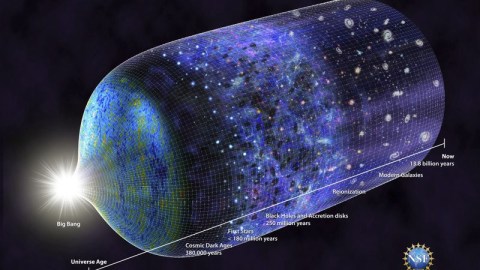
We’ve put so much together about the Universe. Could it all come tumbling down?
We’re always on the lookout for the next big thing, and even our best guesswork is often terrible at anticipating exactly where it will come from. In the 19th century, we were arguing over whether combustion or gravitation powered the Sun, never suspecting the process of nuclear fusion was at play. In the 20th, we argued over the fate of the Universe, never imagining it would wind up accelerating into oblivion.
Yet revolutions in science are real, and when they occur, they cause us to rethink many things — and perhaps even everything — that we’d previously assumed to be true. There are all sorts of foundational components to our knowledge that we rarely question, but perhaps we ought to. As far as revolutionary existential thoughts go, this is the ultimate question: how confident are we in the tower of science that we’ve built for ourselves?
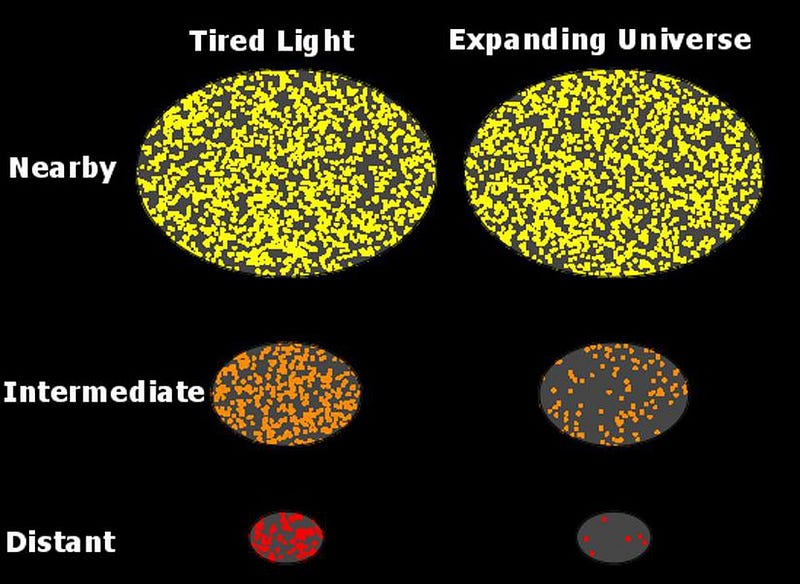
The answer, perhaps surprisingly, is that we’re very confident in the entire body of scientific knowledge that we’ve built up. That will remain true, of course, up to a very specific point: until a single robust result comes along that conflicts with it.
If the faster-than-light neutrinos from a few years ago had turned out to be true, we would have had to rethink everything we thought we knew about relativity and the speed limit of the Universe. If the EMdrive or another perpetual motion engine turned out to be real, we’d have to rethink everything we thought we knew about classical mechanics and the law of conservation of momentum. While those particular results were not robust enough — the neutrinos turned out to be an experimental error and the EMdrive has eluded verification at any meaningful level of significance — someday we will likely encounter such a result.
The key test for us won’t be in whether we arrive at that crossroads. Our true commitment to the scientific truth will be tested in how we choose to deal with it when we do.
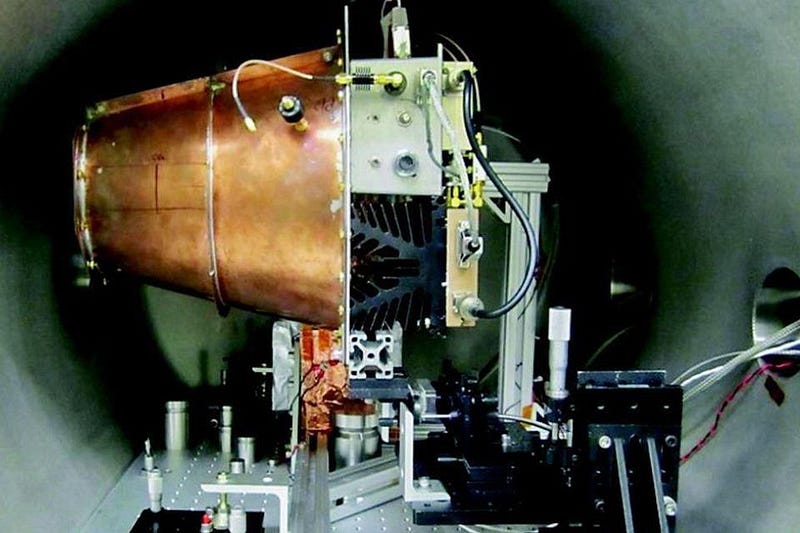
Science is both:
- A body of knowledge that encompasses everything we’ve learned from observing, measuring, and experimenting on the Universe.
- A process of constantly questioning our assumptions, trying to poke holes in our best understanding of reality, looking for logical loopholes and inconsistencies, and testing the limits of our knowledge in novel, fundamental ways.
Everything we see, everything we hear, everything our instruments detect, etc., is all capable of being — if properly recorded — a piece of scientific data. When we try and put together our picture of the Universe, we must use the full suite of all the scientific data available. We cannot cherry-pick the results or pieces of evidence that agree with our preferred conclusions; we need to confront our ideas with every piece of good data that exists. In order to do good science, we need to collect that data, put those pieces together into a self-consistent framework, and then continually challenge that framework in every way we can imagine.
The best work a scientist can do is to constantly try and disprove, rather than prove, their most sacrosanct theories and ideas.
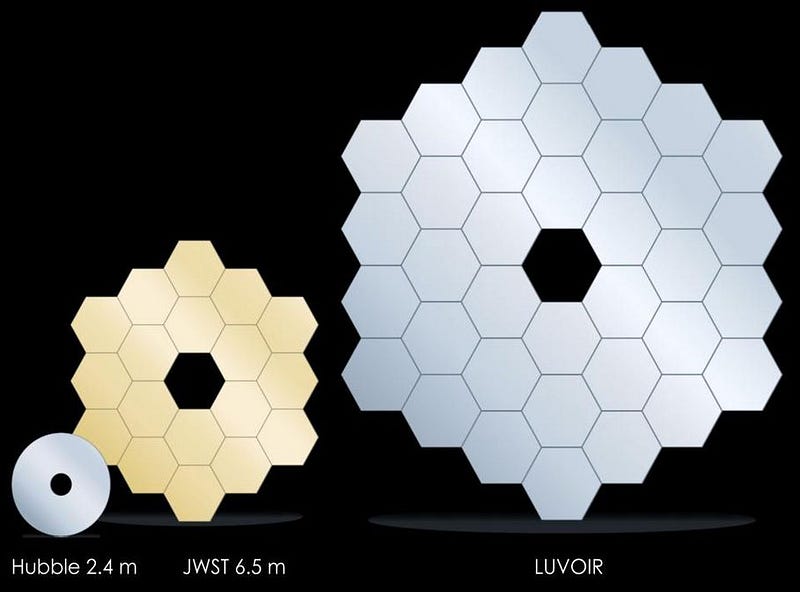
This means increasing our precision to every additional decimal point we can muster; this means going to higher energies, lower temperatures, smaller distance scales, and larger sample sizes; this means pushing outside of the known range of a theory’s validity; this means theorizing new observables and devising novel experimental methods.
At some point, you’re inevitably going to find something that doesn’t jibe with the prevailing wisdom. You’re going to find something that conflicts with what you expected. You’re going to get a result that contradicts your old, pre-existing theory. And when that happens — if you can verify the contradiction, if it holds up to scrutiny and shows itself to be really, really real — you’re going to get to do something wonderful: have a scientific revolution.
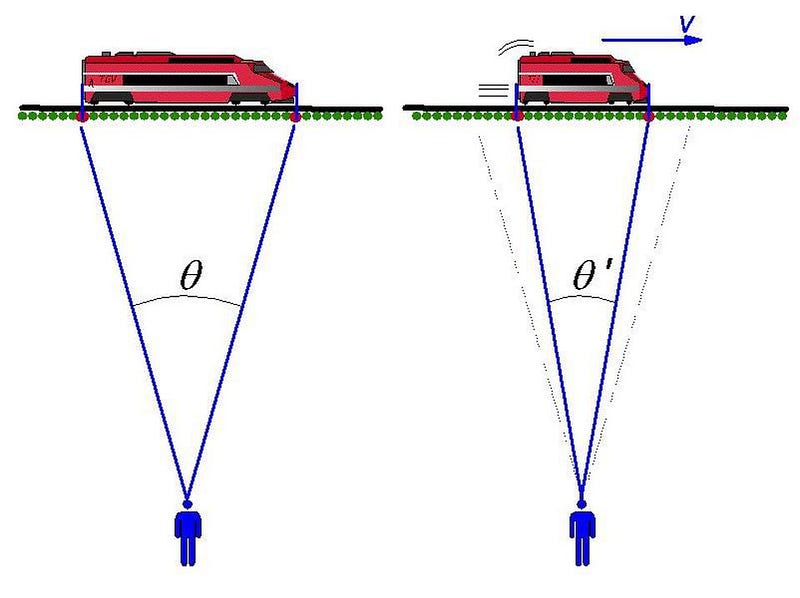
A scientific revolution, though, involves more than simply stating, “this old thing is wrong!” That’s simply the very first step. It may be a necessary part of a revolution, but it’s woefully insufficient on its own. We’ve got to go beyond simply noticing where and how our old idea fails us. In order to progress science forward, we have to find the critical flaw in our prior thinking, and revise it until we get it right.
This requires us to clear not just one, but three major hurdles in our efforts to improve our understanding of the Universe. There are three ingredients that go into a revolutionary scientific theory:
- It has to reproduce all the successes of the previously existing theory.
- It has to explain the new results that contradicted the old theory.
- It needs to make new, testable predictions that have not been tested before, and that can either be confirmed and validated or refuted.
This is an incredibly tall order, and it happens only rarely. But when it does, the rewards are unlike anything else.
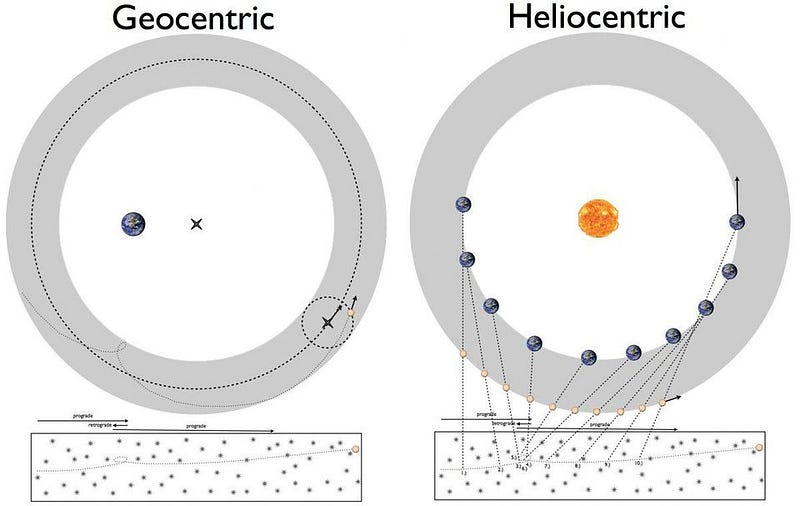
The burden of proof is always on the newcomer to supersede the prior prevailing theory, and that requires it to rise to a number of very difficult challenges. When heliocentrism came along, it had to explain all the predictions for the motions of the planets, had to account for results that geocentrism couldn’t explain (e.g., cometary motion and the moons of Jupiter), and needed to make new predictions, like the existence of elliptical orbits.
When Einstein proposed General Relativity, his theory needed to reproduce all the successes of Newtonian gravity, plus it needed to explain the precession of Mercury’s perihelion and the physics of objects approaching the speed of light, and even beyond that, it needed to make the new predictions of how gravity would bend starlight.
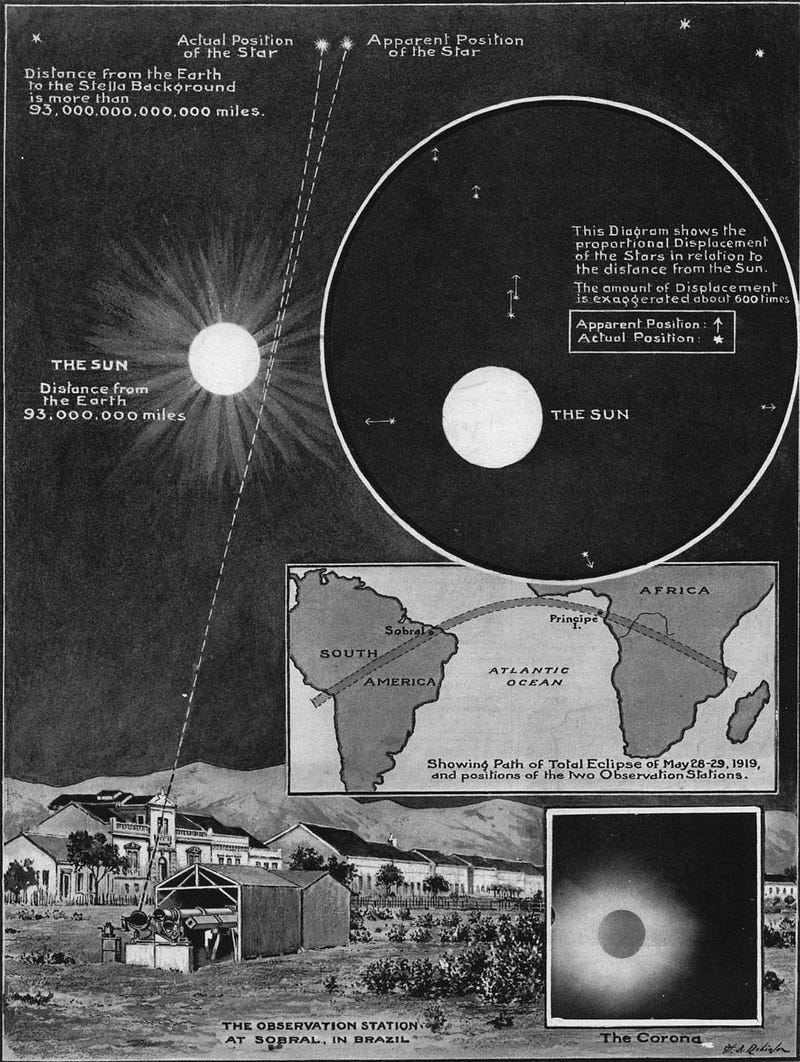
This notion extends even to our thoughts concerning the origin of the Universe itself. For the Big Bang to rise to prominence, it had to replace the prior notion of a static Universe. That meant that it had to be consistent with General Relativity, explain the Hubble expansion of the Universe and the redshift/distance relation, and then make the new predictions of:
- the existence and spectrum of the Cosmic Microwave Background,
- the nucleosynthetic abundances of the light elements,
- and the formation of large-scale structure and the clustering properties of matter under the influence of gravity.
All of that was required just to supplant the prior theory.
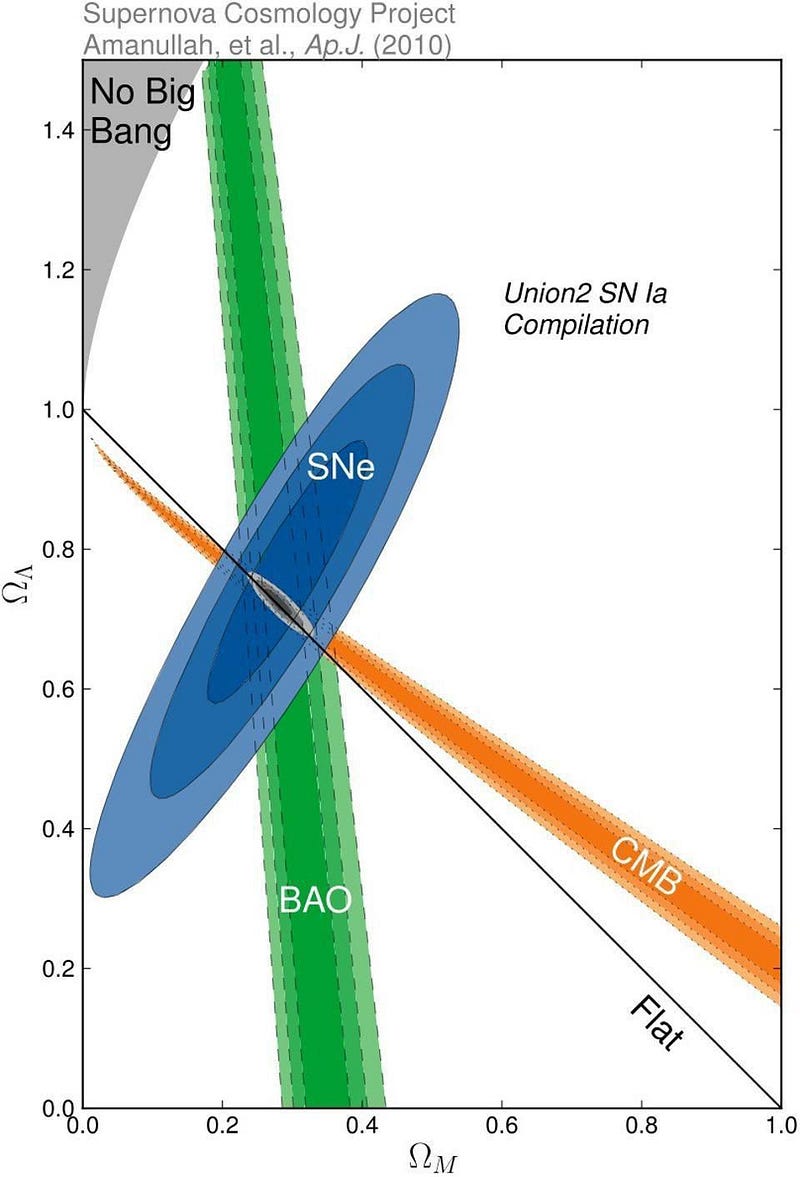
Now, think about what would be required to do today to tear down one of our leading scientific theories. It’s not as complicated as you might imagine: all it would take is a single observation of any phenomenon that contradicted the Big Bang’s predictions. Within the context of General Relativity, if you could find a theoretical consequence of the Big Bang that didn’t match up with our observations, we’d truly be in store for a revolution.
But here’s the important part: that won’t mean that everything about the Big Bang is wrong. General Relativity didn’t mean everything about Newtonian gravity was wrong; it simply exposed the limit of where and how Newtonian gravity was successful. It will still be accurate to describe the Universe as having originated from a hot, dense, expanding state; it will still be accurate to describe our observable Universe as being many billions of years old (but not infinite in age); it will still be accurate to talk about the first stars and galaxies, the first neutral atoms, and the first stable atomic nuclei.
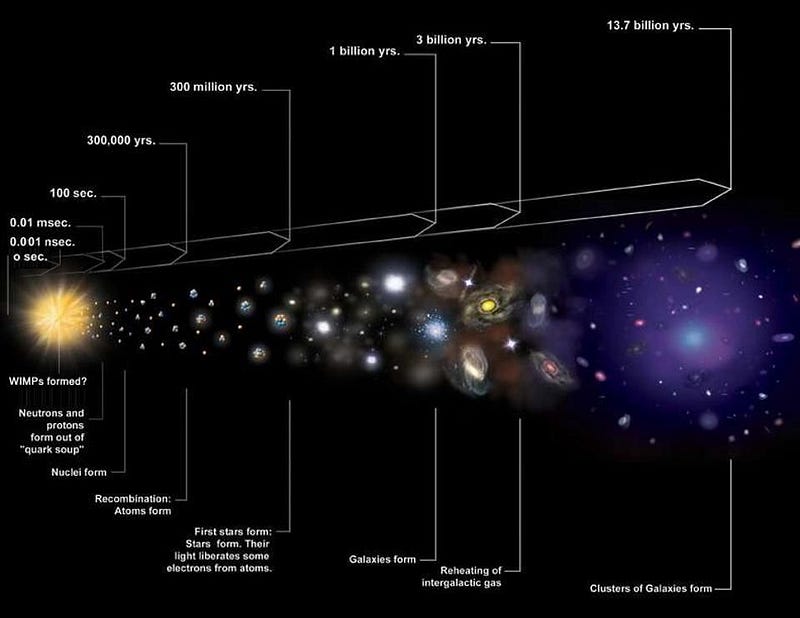
Whatever comes along to replace it — whatever supersedes our present best theory (and this applies to all scientific realms) — its first order of business is to reproduce all the successes of that theory. The steady state or static Universe theories that seek to supplant the Big Bang? They can’t even do that much. Same thing for the electric Universe/plasma cosmology group; same thing for the tired light adherents; same thing for the quantized quasar redshift camp; same thing for the topological defect/cosmic string aficionados.
Perhaps, someday, sufficient theoretical advances will be made so that one of these alternatives grows into something that’s consistent with the full suite of what’s observed, or perhaps a new alternative will emerge. But that day is not today and, in the meantime, the inflationary Big Bang Universe, with radiation, normal matter, dark matter and dark energy, explains the full suite of absolutely everything we’ve ever observed, and nothing else does.
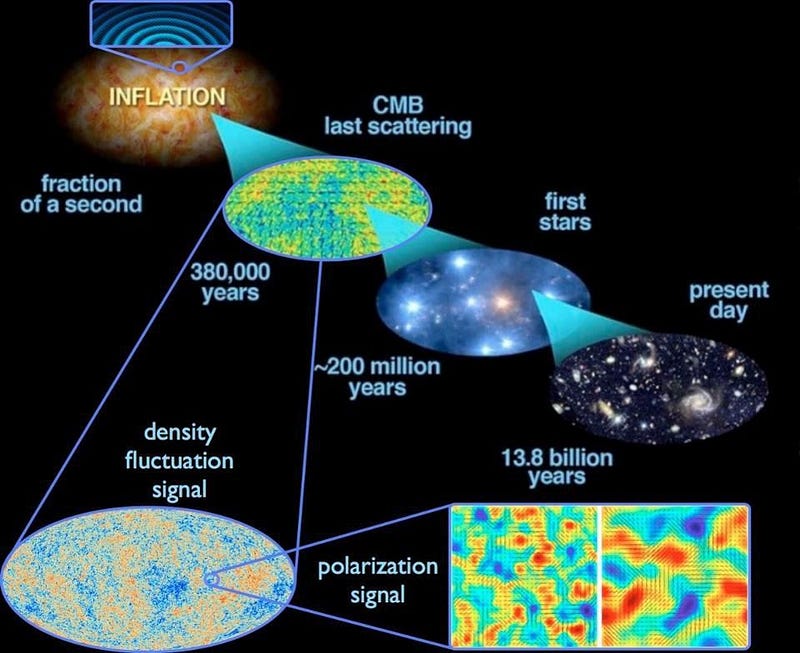
But it’s important to remember that we didn’t arrive at this picture by focusing on one dubious result that may crumble away. We have literally dozens of lines of independent evidence that all lead us to this same conclusion. Even if it turned out that we didn’t understand supernovae at all, dark energy would still be needed; even if it turned out we didn’t understand galactic rotation at all, dark matter would still be needed; even if it turned out the microwave background was all spurious and needed to be thrown out, the Big Bang would still be required.
The Universe might turn out to be very different in detail from how we conceive of it today. Like many of you out there, I hope we live long enough to see what challenges, surpasses, and supersedes our best present understanding. But when that occurs, it won’t invalidate what we understand now. Our leading theories of today aren’t wrong, they’re just incomplete. It’s only by replacing them with something that succeeds where the present theory both works and doesn’t work that science advances in any meaningful way.
Ethan Siegel is the author of Beyond the Galaxy and Treknology. You can pre-order his third book, currently in development: the Encyclopaedia Cosmologica.





